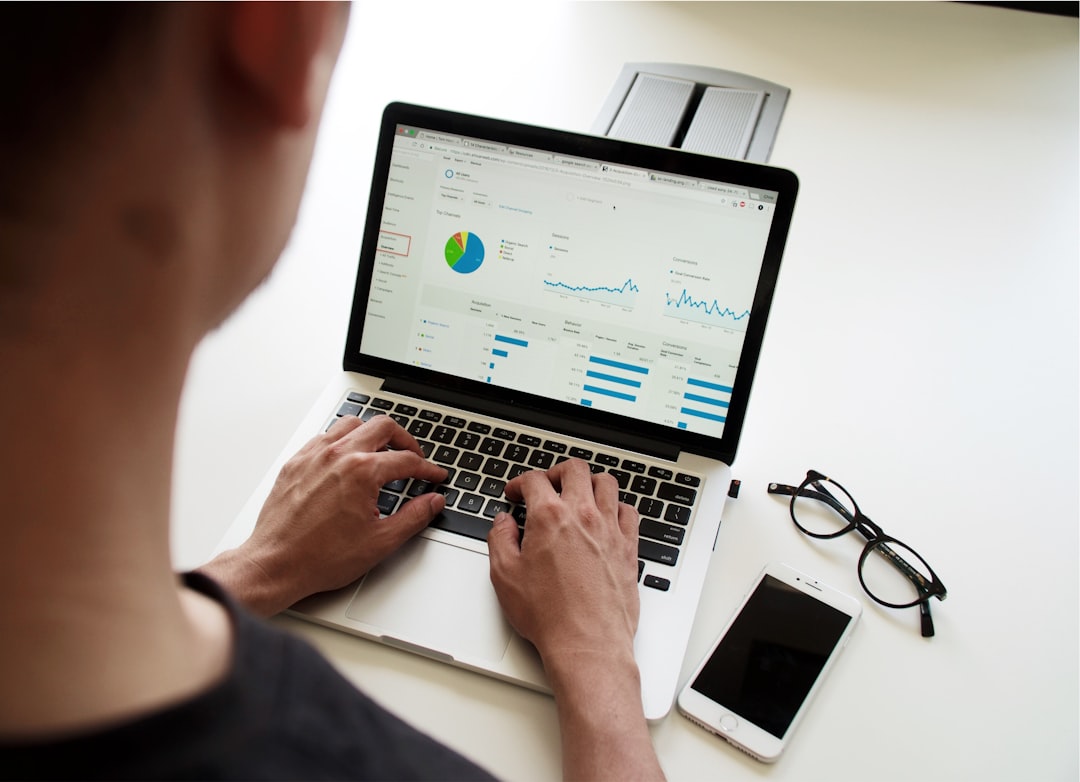
Top Websites for Economic Research and Insights
# Introduction. In today's knowledge-driven economy, understanding economic trends is crucial for businesses, policymakers, and individuals alike. The digital age has transformed the way we access information, providing us with a wealth of resources at our fingertips. This blog post delves into the top websites for economic research, offering reliable data, analytical insights, and academic papers to help you navigate the complexities of economic theories, policies, and forecasts. # 1. World Bank - Open Data. The World Bank is a vital resource for global economic data and research. Their Open Data initiative provides free and easy access to thousands of datasets covering over 200 countries. From poverty and inequality to economic growth and development, the World Bank offers rich insights and in-depth analyses that inform global economic policies. The data can be explored via user-friendly tools that make it easy to generate visualizations and compare indicators across nations. # 2. International Monetary Fund (IMF). The IMF is another premier institution that provides comprehensive economic data and analysis. Their website offers access to a wealth of research papers, Global Financial Stability Reports, and annual World Economic Outlook reports that assess global economic conditions. The IMF database is a treasure trove of information, allowing users to explore macroeconomic performance, financial stability, and exchange rates across member countries. Furthermore, the annual Article IV consultations provide critical insights into the economic dynamics of individual member states. # 3. Federal Reserve Economic Data (FRED). FRED, maintained by the Federal Reserve Bank of St. Louis, is an invaluable tool for accessing U.S. economic data. It offers an extensive database containing over 765,000 economic time series from multiple sources, including government agencies, international organizations, and private sector entities. Users can create graphs, visualize data trends, and download datasets for research. FRED covers everything from interest rates and employment figures to inflation data, making it essential for anyone conducting research on the U.S. economy. # 4. National Bureau of Economic Research (NBER). The NBER is renowned for its extensive collection of working papers that span various economic fields, including labor economics, health economics, and fiscal policy. Scholars and researchers contribute their findings to the NBER, making it an authoritative source of economic research. Additionally, NBER provides access to data archives, newsletters, and conferences that disseminate cutting-edge economic insights. Their research is pivotal for those seeking to understand economic phenomena and variables affecting markets. # 5. OECD (Organization for Economic Cooperation and Development). The OECD plays a crucial role in fostering global economic development and stability. Their website offers insights into economic performance indicators, policy advice, and country-specific reports. The OECD Economic Outlook, published biannually, provides assessments and forecasts of member countries' economic conditions. The OECD iLibrary is another asset, providing access to publications, statistics, and data analyses that are essential for understanding global economic trends and strategies. # 6. Google Scholar. For academic-oriented researchers, Google Scholar serves as a powerful search engine for scholarly articles and papers. It aggregates research from various disciplines, including economics, making it an essential resource for finding peer-reviewed papers, theses, and books. By using specific search terms, users can access a wealth of information, allowing for in-depth analysis of particular economic topics. Google Scholar is indispensable for understanding the theoretical and empirical foundations of economics. # 7. The Economist - Economic and Financial Intelligence. The Economist offers a powerful combination of news and analytical insights on world events. While it is a paywall-enclosed service, the publication’s articles and special reports provide valuable perspectives on current economic issues, policy changes, and market trends. They also produce valuable podcasts and videos, providing comprehensive coverage of various economic topics. For professionals looking for the intersection of economics and global events, The Economist is an excellent go-to resource. # Conclusion. In the modern era of economic research, having access to reliable data and insights is essential for making informed decisions. The websites mentioned above offer a plethora of resources suitable for students, researchers, businesses, and policymakers. Whether you're looking for country-specific data, economic forecasts, or academic research papers, these platforms provide exceptional access to the information necessary for understanding the dynamic landscape of the global economy. Embrace these resources to fuel your studies, enhance your knowledge, and stay ahead in the world of economics. .








